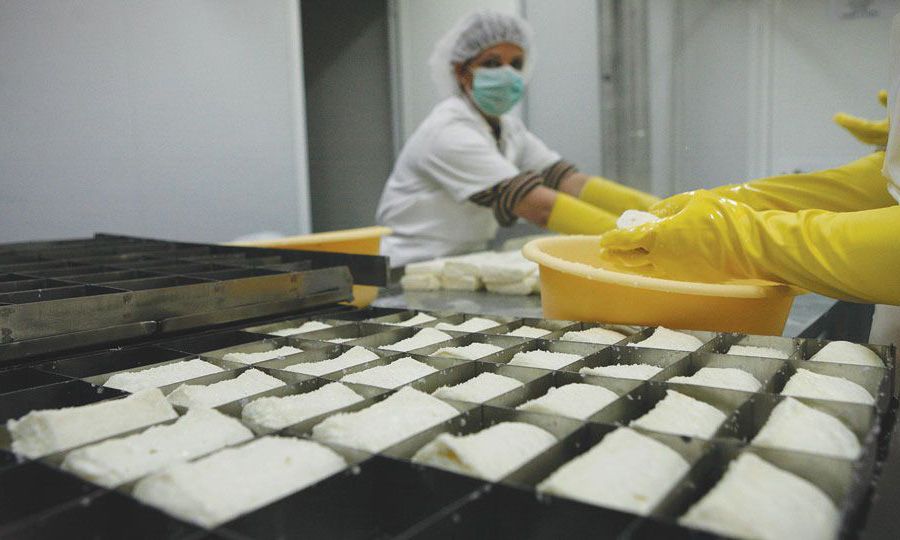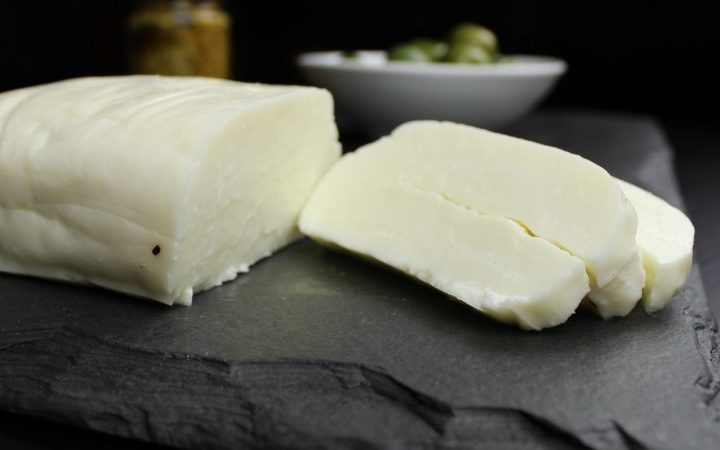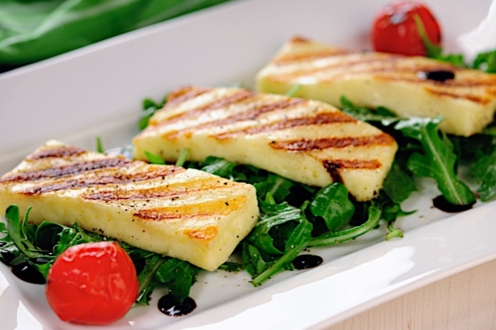The halloumi wars are not over, with another episode of the saga unfolding days before Christmas.
This time, the island’s cheesemakers have decided to shut down their dairy plants to protest the “unilateral actions by the government” regarding the traditional cheese’s recipe.
The Cyprus Cheesemakers’ Association announced on Friday that it has unanimously decided to shutter all affiliated dairy factories, effective January 10.
In a statement, the association also declared that its members would be “disengaging” themselves from the agreement inked in July 2022, resolving a thorny issue of the recipe for halloumi labelled as Product of Origin (PDO).
The cheesemakers are citing “objective reasons beyond their control” involving sheep and goat breeders, cattle farmers, and other dairy producers.
Michalis Koullouros, a board member of the association, told Alpha TV that the dairy farms linked to the association would halt operations on January 10, without specifying a definite date for resumption.
This move comes in response to cheesemakers’ opposition to the agriculture ministry’s directive mandating an increase in the proportion of goat’s milk in mixed halloumi.
Koullouros argued that, “the decision was a one-way street as there is not enough milk in the market to meet our needs. We informed the Minister (of Agriculture) that halloumi production is now impossible. So, we have no choice but to close our dairy factories”.
Cheese makers are sticking to their guns, arguing that while the proposal aligns with EU guidelines for a balanced split between cow’s milk and goat’s or sheep’s milk in halloumi, it poses a threat to producers exclusively crafting goat and sheep halloumi.
Koullouros hinted at the prolonged closure of affiliated dairy farms until their demands are addressed, emphasising that this decision was not taken lightly and resulted from a deadlock after two months of attempts to find a solution.
The association’s representative outlined that cheesemakers are disgruntled with a decree issued by the agriculture ministry on October 20, to immediately double the goat’s and sheep’s milk quota in Cyprus’ flagship export halloumi from 10% to 19%.
They argue that the action violated a deal brokered in July 2022 to get all cheesemakers and sheep and goat farmers on the same page for the implementation of the EU Product of Designated Origin file (PDO).
Apparent alignment
At that time, there was apparent alignment among the government, cheesemakers, and sheep and goat farmers in their collective efforts to definitively address the contentious matter of the cow-to-goat and sheep milk ratio.
Under the terms of the agreement, the agriculture ministry had yielded to producers’ demands, agreeing to defer the enforcement of the PDO milk ratio until 2024.
As outlined in the PDO submission to the EU, the plan aimed for goat or sheep milk to surpass 50% by 2024. In the initial transitional period, products could be labeled as “halloumi” if they contained a minimum of 10% goat and sheep milk during the ‘low’ production season and 25% during the ‘high’ season, spanning from February to August.
According to the agreement, the ratio would gradually increase by 5% each year, ultimately reaching the 50% threshold by 2029.
The PDO submission in 2014 stipulated that goat’s milk must exceed cow’s milk by 2024, constituting a minimum of 51% and originating from specific Cypriot breeds of goats and sheep.
This milk ratio has become the primary point of contention between the government and cheesemakers, with concerns raised about its potential impact on halloumi exports.
Halloumi cheese holds the status of the island’s ‘white gold,’ contributing €1.34 bln to exports from 2017 to 2021, with expectations of exponential revenue growth in the years to come.
According to the Ministry of Commerce, Cyprus dairy producers exported halloumi worth €284 mln in 2022.










